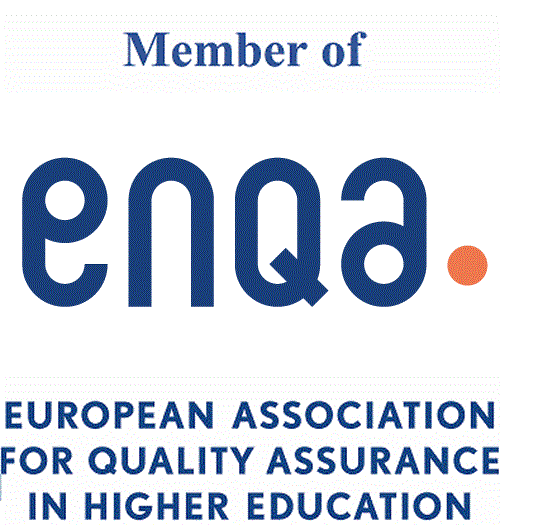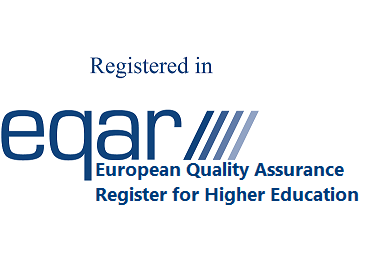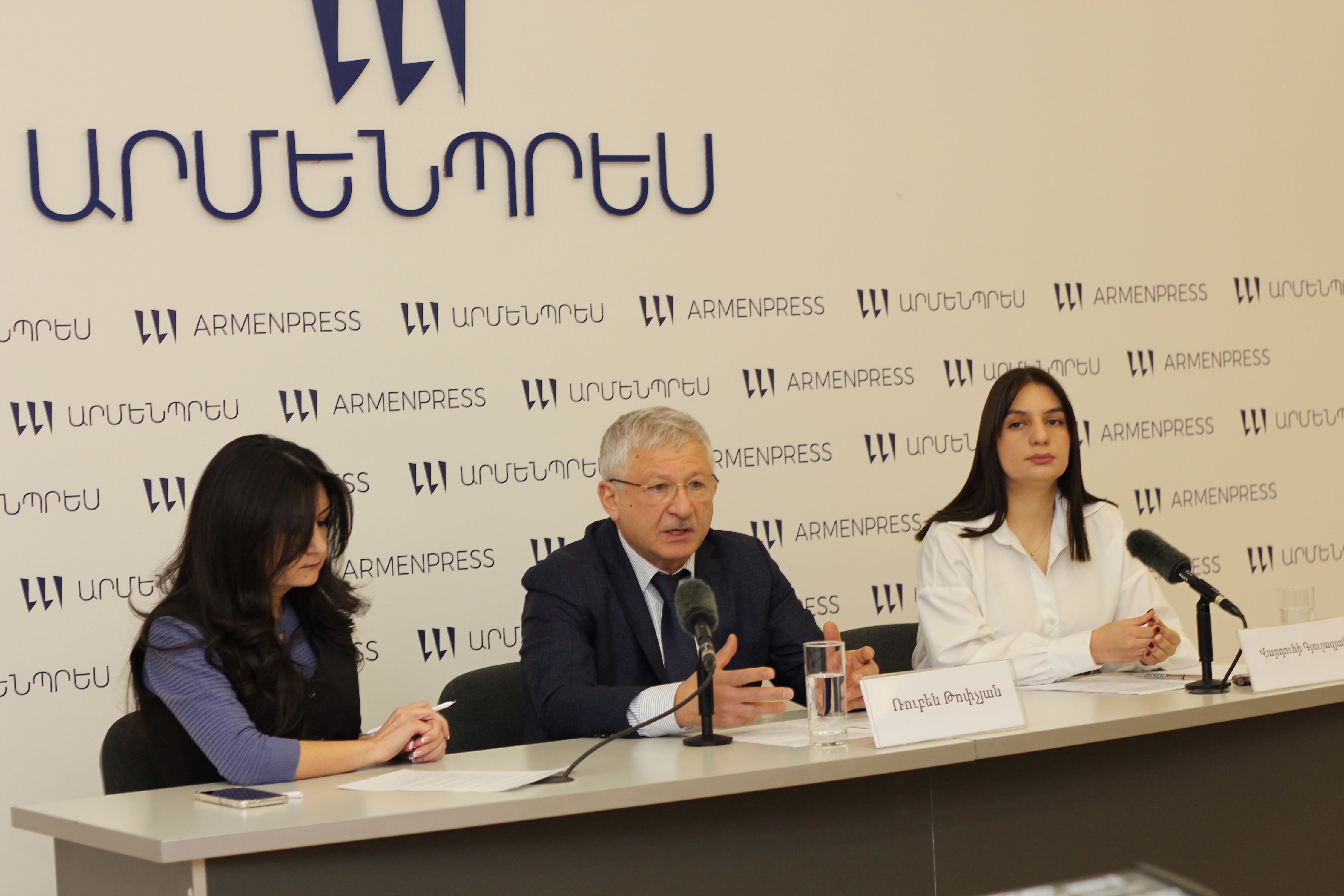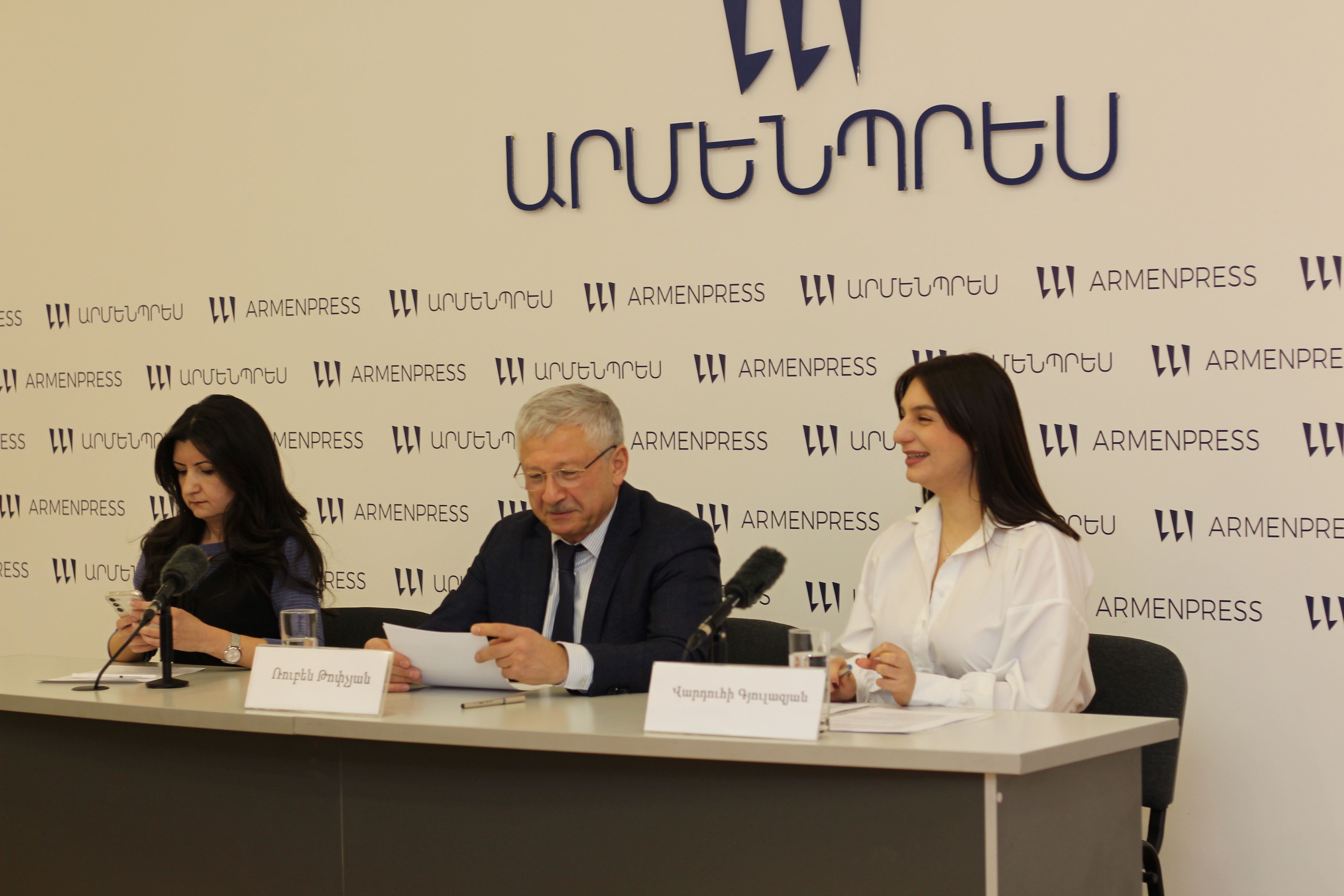In 2024, ANQA’s activities were aimed at the international recognition of the capacities of the alumni from Armenian higher and secondary vocational education institutions. Ruben Topchyan, ANQA’s director, stated this while summarising the 2024 activities on February 3, at the “Armenpress” press hall. Varduhi Gyulazyan, head of ANQA’s Institutional and Programme Accreditation Division, also took part in the press conference, sharing the agency's key achievements and priorities for the current year.
New accreditation highlights
Dr. Topchyan stressed that since its establishment in 2008, ANQA's charter has included internationalization, a direction which is also emphasised in the Government's priorities and sectoral laws. "In light of that reality, we renewed the composition of the Accreditation Committee last year. The renewed Committee highlights the alignment of the HEI and VET education with international standards, the continuous development of the teaching staff and the effective use of resources. It also examines how the governance units identify issues in these areas and whether they are guided by strategic plans for enhancement", mentioned Ruben Topchyan.
Dr. Topchyan stressed that ANQA has been promoting strategic, data-driven governance in the HEIs through accreditation for about 10 years and achievements in this area are already evident. "The previous composition of the Accreditation Committee highlighted the credible award of qualifications. We currently focus on the alignment of teaching standards with international requirements, the teaching staff’s continuous development, the role of institutions’ governing bodies in facilitating professional and methodological training for all teachers and the effective use of resources. Today, it is hard to imagine any education institution that is fully equipped with resources, as the pace of industry development is far more rapid than the HEIs can adapt. Therefore, it is essential for education institutions to make employer involvement in the learning process a strategic priority".
Dual accreditation as a new trend
Continuing the topic of internationalisation, Ruben Topchyan noted that the HEIs are now seeking dual accreditation from national and foreign agencies. ANQA, together with the Hcéres, conducted joint accreditation at the French University of Armenia. In 2024, ANQA also signed a memorandum of understanding with the German AQAS and the British QAA to conduct joint accreditations.
Presenting dual accreditation, Ruben Topchyan noted: "In this case, the process is organised based on the criteria of two accreditation agencies, with experts from both agencies involved, ensuring that national and international standards are taken into consideration. As a result, the HEIs receive dual accreditation".
According to Dr. Topchyan, dual accreditation will contribute to the continuous development of the Armenian accreditation criteria, ensuring the country's requirements and context are considered during the process. "This will bring an influx of international students", mentioned Ruben Topchyan, emphasising that the Armenian State University of Economics has applied for institutional and programme accreditation of three academic programmes, which will be conducted jointly by AQAS and ANQA.
The impact of accreditation
Varduhi Gyulazyan, head of the Institutional and Programme Accreditation Division, reported that in 2024, 22 VET institutions and three HEIs underwent institutional accreditation, with experts evaluating 75 academic programmes. "The enhancement of academic programmes has been one of our priorities for years, and in 2024 this focus was particularly highlighted. We studied the teaching process and underscored the importance of student-centered learning for HEIs and VET institutions, highlighting that each student's progress should be a priority. The focus was also on formative assessment and ongoing feedback tailored to students' capacities", noted Varduhi Gyulazyan.
Ms. Gyulazyan highlighted that information on accreditation granted by ANQA and expert panel reports are available in the Database of External Quality Assurance Results (DEQAR) of the European Quality Assurance Register for Higher Education (EQAR), offering access to international experts and students.
"European agencies pay attention to whether the alumni come from accredited HEIs. They access the registers where we publish the accreditation results of our education institutions. We transparently represent our country", mentioned Ruben Topchyan.
Regarding the impact of accreditation, Varduhi Gyulazyan noted that most HEIs currently undergo third cycle of accreditation, while eight VET institutions are in their second cycle. "ANQA’s studies show that accreditation has contributed to the enhancement of governance processes. In education institutions that have undergone several cycles of accreditation, strategic management is in place, teaching staff recruitment has become systematic and outcome-based education has improved. Quality assurance culture has been introduced and now the institutions are trying to integrate it into all their processes".
"Previously, the strategic plan was just a document that had to be in place. Today, the strategic plan is a working document. When an education institution develops a strategic plan, it follows it step by step, as the implementation results are presented and analysed during the accreditation process. Strategic management is essential for the governance of any education institution and is central to accreditation", mentioned Dr. Topchyan.
Steps towards the internationalisation of the VET sector
Referring to the activities towards the internationalisation of the VET sector, Varduhi Gyulazyan noted that in 2024, at ANQA’s initiative, the international expert panel from the European Training Foundation (ETF) conducted a peer review of the RA VET system.
"The ETF experts evaluated the formative assessment in VET institutions. We also started a pilot of the ETF diagnostic tool for VET in cooperation with ETF. By the end of the process, we will have a tool that will allow us to identify the system's strengths and areas for enhancement", mentioned Ms. Gyulazyan, stressing while international experts were impressed with the formative assessment in VET institutions, they also provided some recommendations for enhancement, particularly in increasing employer participation and formalising it.
Priorities for 2025
Referring to the priorities for 2025, Varduhi Gyulazyan noted: "We place special emphasis on the introduction of the KPIs in the accreditation process. In 2025, their significance will be further highlighted in the governance systems of both HEIs and VET institutions. We implement a programme as part of Erasmus+, aiming at the systematic development and introduction of the KPIs at the HEI level. One of our priorities will be to encourage education institutions to make decisions based on data gathered through the KPIs".
As a second key priority for 2025, Ms. Gyulazyan highlighted the accreditation and recognition of short-term academic programmes. "Recently, the role of short-term academic programmes has also been widely discussed. Specialists often need further training or requalification. However, short-term academic programmes face recognition issues. To achieve their recognition both nationally and internationally, it is crucial to ensure the implementation of quality control and recognition processes.




